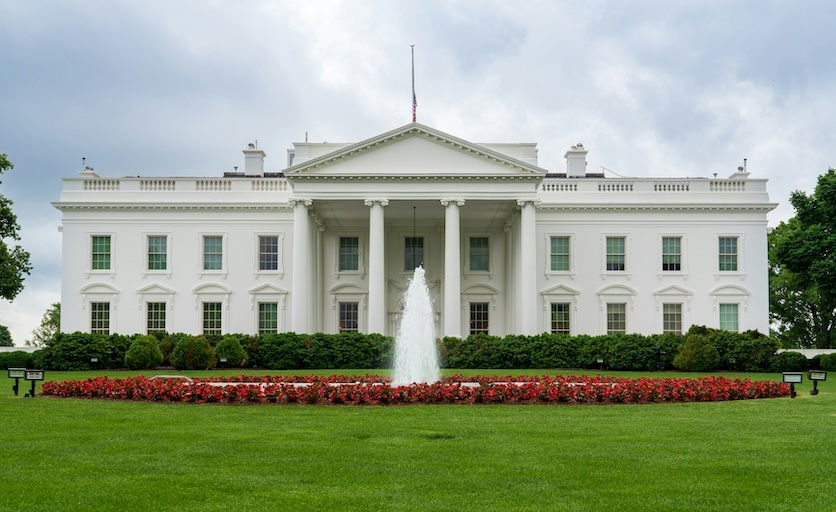Christian Political Thought in a Tense US Election Year
August 21, 2024 / by Dr. Josh Moody
by Josh Moody
I was recently browsing through (again) Oliver and Joan O’Donovan’s peerless From Irenaeus to Grotius: A Sourcebook in Christian Political Thought.
For those who follow politics – whether in the USA, Britain, or indeed in France – the reason for such a perusal is probably obvious. For those who don’t, or wisely avoid political conversations of any stripe, suffice it to say that we live in interesting political times, especially as Christians wrestle with the old vexed issue of what is the right relationship between the church and the state.
For several hundred years the core issues seemed to have been settled. For European countries, where there was a kind of church-state arrangement mediated by one version or another of an established church, the solution appeared to be a gentle engagement in the public realm with the higher echelons of the ecclesiastical machine. For America, with a non-established church, and a principled commitment to freedom of religion in the sense of not establishing any particular denomination, the solution appeared to resolve around a general acceptance of Judeo-Christian morality and the freedom to practice religion as the individual saw fit. Now at least some of these long-established norms are being questioned by our increasingly globalised societies, where assumptions of Judeo-Christian morality occasionally appear antiquated, and where other views are felt to be equally valid in at least a pluralistic (if not relativistically pluralistic) public and political conversation.
Such are the range of issues, briefly summarised in a somewhat ham-fisted way, that now need to be addressed. Whence the solution? A number of interlocking matters need to be clarified.
First, the church qua church (the gathered church) is a non-party political animal. It is a transcendent outpost of heaven in this world with a message of salvation to deliver, and disciples to make, to the glory of God. It is not the arm of any one political machine.
Second, Christians as Christians have a responsibility to shine as light in the world. They are to be active in advocating for Christ and living as Christians in the world of business, home, university, schools and, yes, politics too.
Third, the state as state is a God-given institution which (according to the famous and fabulous Romans 13) has a right to exercise authority, whether or not that state is run by Christians. Obviously, there can be better and worse nations, and states, and we pray and seek to live in better ones.
Fourth, the apostle Paul urges us to pray for our political authorities (1 Tim. 2) that we might have peace and that the gospel might flourish. Our goal, then, is not for some utopian age of heavenly morality (only attainable in heaven) but for a political world where there is good order, peace, and where the gospel is free to be practiced and preached.
Fifth, while Romans 13 is often and rightly cited to encourage submission to authorities, there are Biblical examples of rebellion against evil authorities too. Israel, of course, came out of Egypt. And the apostles Peter and John refused to obey the authorities saying that they must listen to God not to them, and therefore would keep on speaking and teaching about Jesus (Acts 4:18-22). There are times to resist, but the question has to be asked whether we are living in a Romans 13 situation (where, after all, the notorious Nero was Emperor, and the debaucherous Coliseum was just down the road) or an Acts 4 situation. For myself, if some authority comes and tells me not to teach or preach the Bible or the gospel, then I will continue to preach, threat of jail or not.
Sixth, we do live in a democracy. It is wise to advocate for laws that benefit the health of a nation (righteousness exalts a nation but sin is a reproach to any people, Proverbs 14:34), and it is wise to seek to influence a country in such a way that the gospel might flourish. Look only to our list of British Reformers, many of whom not only spent their lives preaching the gospel but walking the delicate and dangerous line of trying to influence such wayward kings as King Henry VIII.
For all this, we need the wisdom of Solomon. Especially this year.
This article was first published in the July 2024 issue of Evangelicals Now.
*Photo by Tomasz Zielonka on Unsplash
WANT MORE?
To receive God Centered Life articles directly in your inbox, as well as other resources, click "subscribe" and fill out the information.

